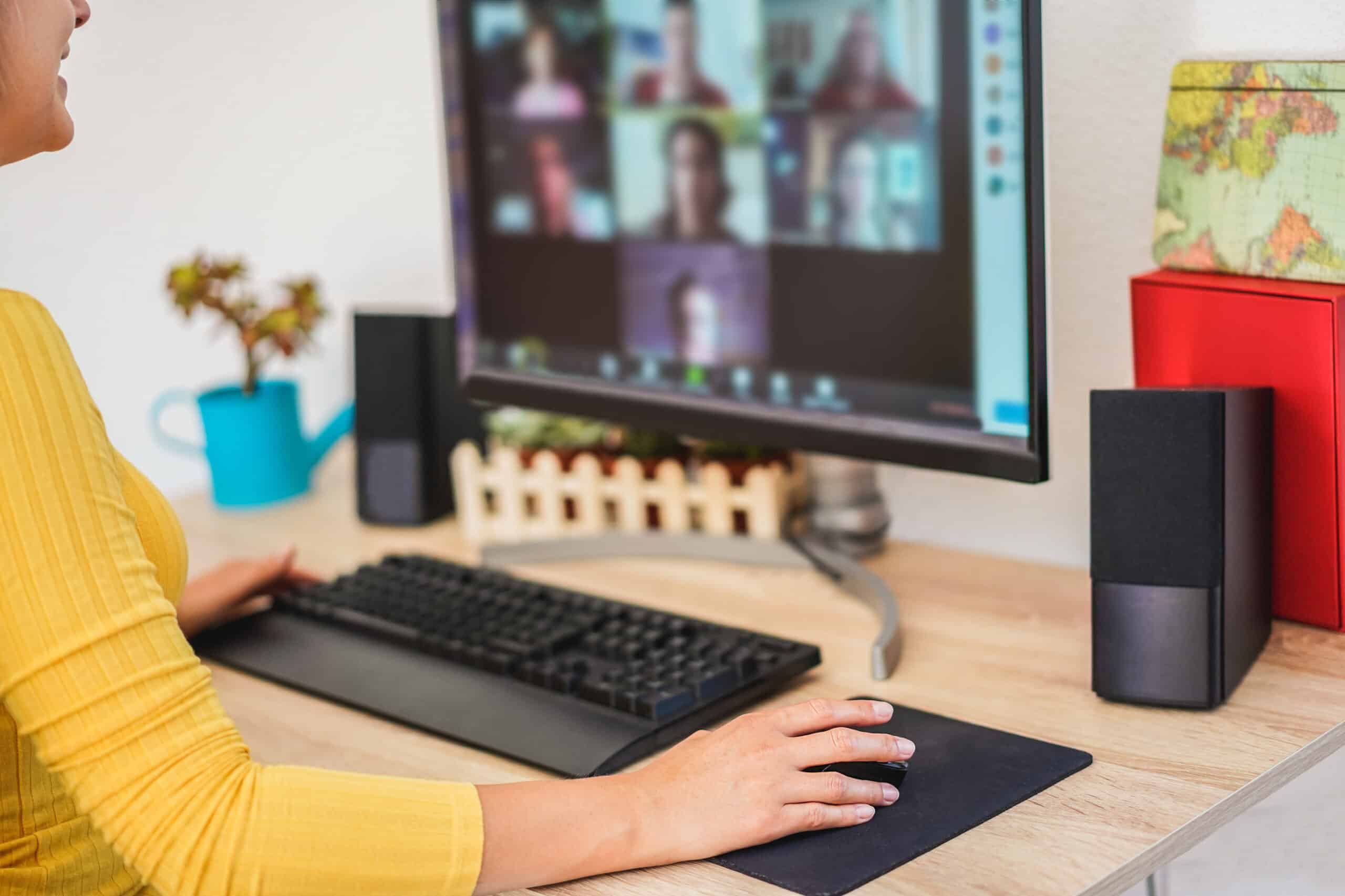The Negative Effects of Remote Work on Physical Health
One of the major contributors to weight gain among older adults working from home is a sedentary lifestyle. Without the structure and routine of a traditional office environment, older adults may find themselves sitting for prolonged periods, leading to decreased physical activity and increased calorie intake. A study by Stanford University found that remote workers reported significantly more sedentary behavior, compared to office-based workers. Furthermore, older adults may also be at a higher risk of stress eating, which can lead to weight gain. The stress and anxiety caused by the pandemic, coupled with the isolation and lack of social support that often comes with remote work, can lead to emotional eating and an increased intake of high-calorie foods.
Furthermore, remote work can also affect older adults’ access to healthy food options. Older adults who live in rural areas or have limited mobility may find it more difficult to access healthy food options, leading to a diet high in processed foods and added sugars. The lack of access to healthy food options can also make it more difficult for older adults to maintain a healthy diet, leading to weight gain.
The Negative Effects of Weight Gain and Obesity on Mental Health
Weight gain and obesity can also have a negative impact on older adults’ mental health. Obesity has been linked to an increased risk of depression and anxiety, and weight gain can lead to feelings of self-consciousness and shame. Furthermore, older adults with weight-related health conditions, such as diabetes or heart disease, may find that their condition worsens as a result of weight gain.
Strategies for Preventing and Managing the Negative Effects of Remote Work on Weight and Obesity
To combat weight gain and obesity among older adults working from home, it is essential to prioritize physical activity and healthy eating. Incorporating regular exercise into a remote work routine, such as taking a walk during lunch breaks or participating in virtual fitness classes, can help to increase physical activity and burn calories. Additionally, older adults can also make an effort to prepare healthy meals at home, and seek out healthy food options in their local area. This can include planning meals in advance, preparing healthy snacks, and making use of online grocery delivery services.
Furthermore, it is also important for older adults working from home to set up a comfortable and ergonomic workstation, avoid prolonged sitting, and take regular breaks to move and stretch. This can include setting up an ergonomic chair and desk, using a standing desk, or using a treadmill desk. Furthermore, older adults should also make sure to get up and move around every hour, even if it’s just for a few minutes. This can include going for a walk, doing some stretches, or doing a quick workout.
Finally, older adults working from home should also prioritize self-care and stress management, as stress and burnout can also contribute to weight gain. This can include taking time to relax and unwind, practicing mindfulness and meditation, and connecting with friends and loved ones virtually. Additionally, older adults should also make sure to prioritize their mental health and seek support if needed. This can include talking to a therapist or counselor, joining a support group, or seeking out resources for managing stress and anxiety.
Conclusion
Remote work can have a significant impact on weight and obesity in older adults. The lack of structure increased sedentary behavior, and stress and anxiety can all contribute to weight gain and obesity in older adults. However, by prioritizing physical activity, healthy eating, self-care, and stress management, older adults can take steps to prevent and manage the negative effects of remote work on their physical and mental health. It is important for older adults to be aware of the potential negative impact of remote work on their health and to take proactive steps to maintain a healthy lifestyle.




